Ecosystems
-
 Ecosystems
EcosystemsOyster deaths linked to ‘atmospheric rivers’
Atmospheric rivers bring strong storms that could have been behind a 2011 California oyster die-off.
-
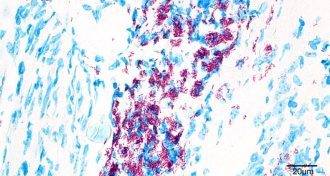 Ecosystems
EcosystemsLosing tropical forest might raise risks of human skin ulcers, deformed bones
Bacteria that cause Buruli ulcer in people flourish with tropical deforestation.
By Susan Milius -
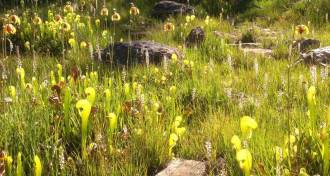 Plants
PlantsBacteria help carnivorous plants drown their prey
Pitcher plant drowning traps are more difficult for an insect to escape when bacteria colonize them.
By Susan Milius -
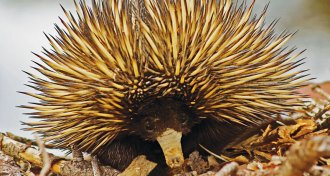 Animals
AnimalsAn echidna’s to-do list: Sleep. Eat. Dig up Australia.
Short-beaked echidna’s to-do list looks good for a continent losing other digging mammals.
By Susan Milius -
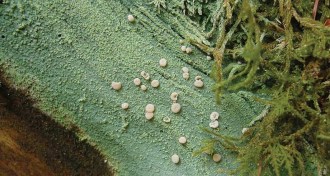 Life
LifeLichens are an early warning system for forest health
Lichens, fascinating mosaics of fungi and algae or cyanobacteria, are made for sensing environmental change.
-
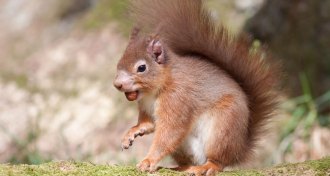 Life
LifeBritish red squirrels serve as leprosy reservoir
Red squirrels in the British Isles can harbor the bacteria that cause leprosy.
-
 Astronomy
AstronomyReaders unimpressed by Earth’s newest neighbor
Exoplanet fatigue, runaway fish and more in reader feedback.
-
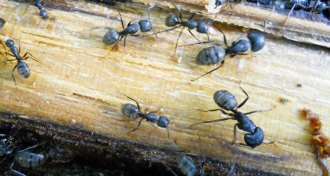 Climate
ClimateClimate change shifts how long ants hang on to coveted real estate
Simulated climate warming reveals a new pattern in turnover of ant nests.
By Susan Milius -
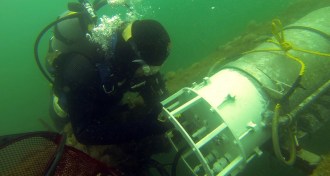
-
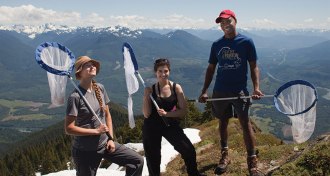 Ecosystems
Ecosystems‘Citizen Scientist’ exalts ordinary heroes in conservation science
Journalist Mary Ellen Hannibal’s “Citizen Scientist” tells tales of ordinary people contributing to science.
-
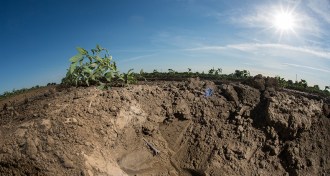 Earth
EarthNatural ally against global warming not as strong as thought
Soils may take in far less carbon by the end of the century than previously predicted, exacerbating climate change.
-
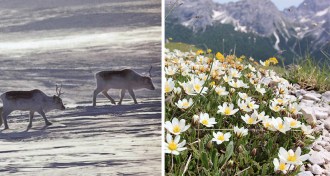 Ecosystems
EcosystemsShrinking sea ice threatens natural highways for caribou, plants
As Arctic sea ice declines, Peary caribou or plants risk getting stranded when their frozen highways thaw.
By Susan Milius